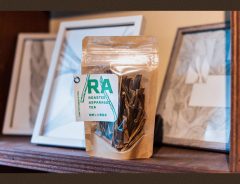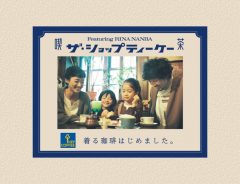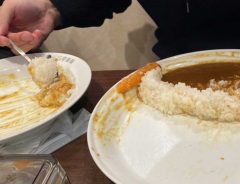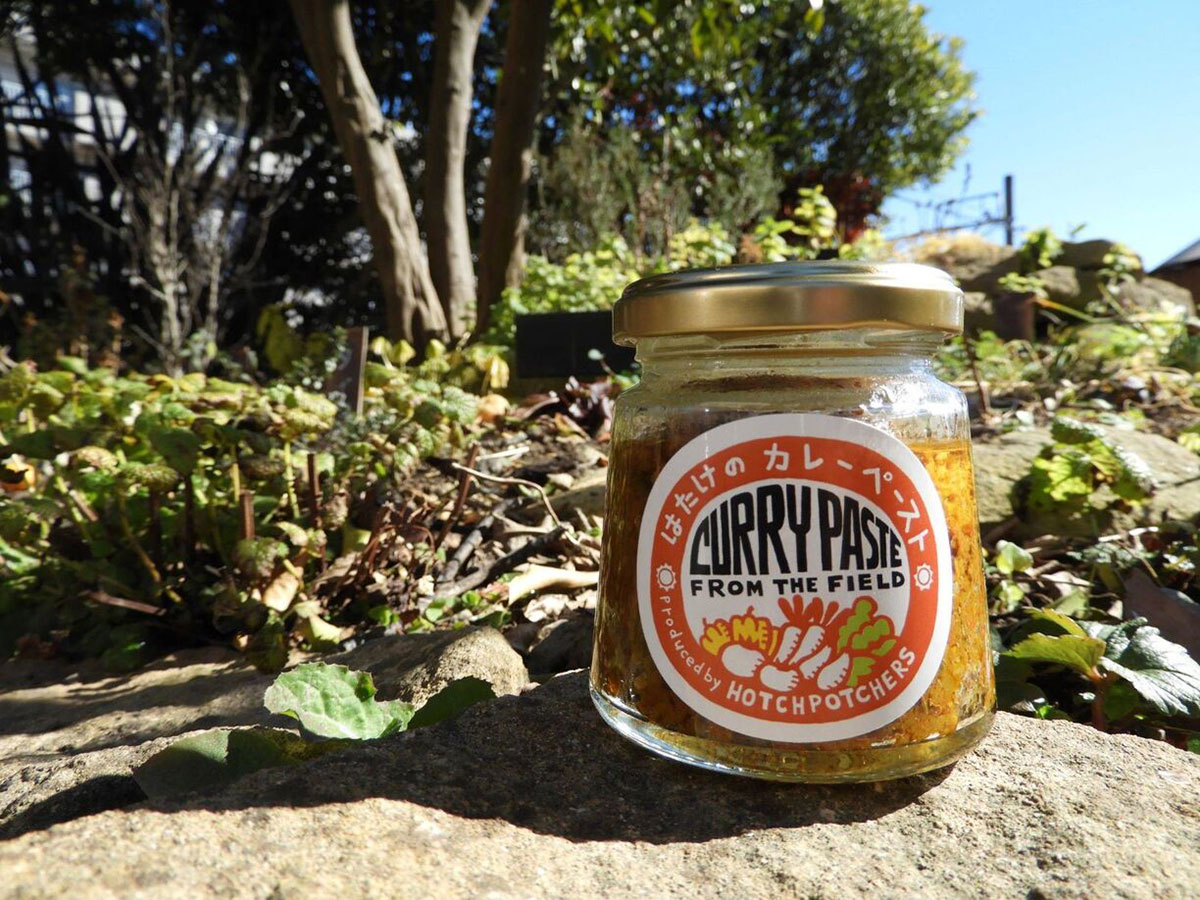- Tags:
- Curry / curry paste / food waste / imperfect / SDGs / Vegetables
Related Article
-

“Roasted Asparagus Tea” hōjicha curbs food waste by using normally discarded lower stems
-

Shape-shifting, world’s largest cube LED display “The Heart” unveiled in ‘Japan’s Wall Street’
-

Japanese packaging company crafts eco-friendly domes for both outdoor fun and disaster relief
-

Key Coffee and The Shop TK collab on sustainable apparel with retro jun-kissa coffee shop theme
-

Japan’s first vegan fruit sandwich shop serves up delicious sandwiches using “King of Autumn” Pears
-

Diner’s “too good” way of eating curry has foodies in awe



In 2004, Kenyan activist Wangari Maathai became the first African woman to win the Nobel Peace Prize.
The following year, in 2005, Maathai came to Japan and was so impressed by the meaning of the Japanese word もったいない mottainai, which conveys a sense of regret over waste, that she later proposed the MOTTAINAI Campaign. Focusing on the 4Rs: reduce, reuse, recycle and respect, the campaign, which was conducted both in Japan and internationally, encouraged environmentalism and reduction of waste.
In spite of these efforts, unfortunately, we can still see examples of mottainai everywhere in Japan.
One of them is food waste. For example, a large number of fruits and vegetables that have no problems in terms of freshness, taste, or quality are discarded before they reach the stores simply because they are misshapen and thus considered "imperfect."
The problem of food waste in Japan is a serious one. According to the Ministry of Agriculture, Forestry and Fisheries, the amount of food wasted by the average Japanese person in 2017 was about 48 kg or 106 lbs, which is the same amount as throwing away a cup of rice every day.
In order to solve this problem of food waste, Doppio LLC, headquartered in Kamakura, Kanagawa Prefecture, has started a new initiative.
Curry Paste Made from Mottainai Vegetables
Beginning in Fall 2020, they launched a product called "Curry Paste from the Field."
Made from seasonal vegetables that were scheduled to be discarded, the product aims to contribute to a reduction in food waste.
© Doppio LLC
In 2020, food items of all sorts, and not just fruits and vegetables, were discarded without being used due to the spread of the novel coronavirus infection. With the pandemic continuing this year, the amount of food waste is expected to increase.
Doppio LLC hopes that their "Curry Paste from the Field" can play a role in leveling the curve. They have already released it three times, with their most recent release in February 2021.
"Curry Paste from the Field" is made from a variety of vegetables including unique Japanese cultivars, such as Kuroda Gosun carrots and Kintoki (Red Kyoto) carrots, not to mention green onions and many more. The healthy and flavorful blend of vegetables freshly harvested from the field is characterized by its rich flavor.
© Doppio LLC
To make curry, heat "Curry Paste from the Field" in a pot and add your favorite ingredients. After that, add an appropriate amount of water, yogurt, and coconut milk to the mix, and once the ingredients are cooked, the dish is ready to serve.
Of course, "Curry Paste from the Field" won't singlehandedly solve the problem of food waste in Japan.
However, products like these can help direct much-needed attention to the problem and increase awareness of its existence. If we can make improvements starting from our immediate surroundings, we will surely be able to solve larger problems someday.
Curry Paste from the Field はたけのカレーペースト
Although the most recent third batch is currently sold out due to popular demand, it will be sold again in the future, so please continue checking their website for updates. Also, please note that the flavor profile may slightly vary depending on the vegetables available at harvest time.